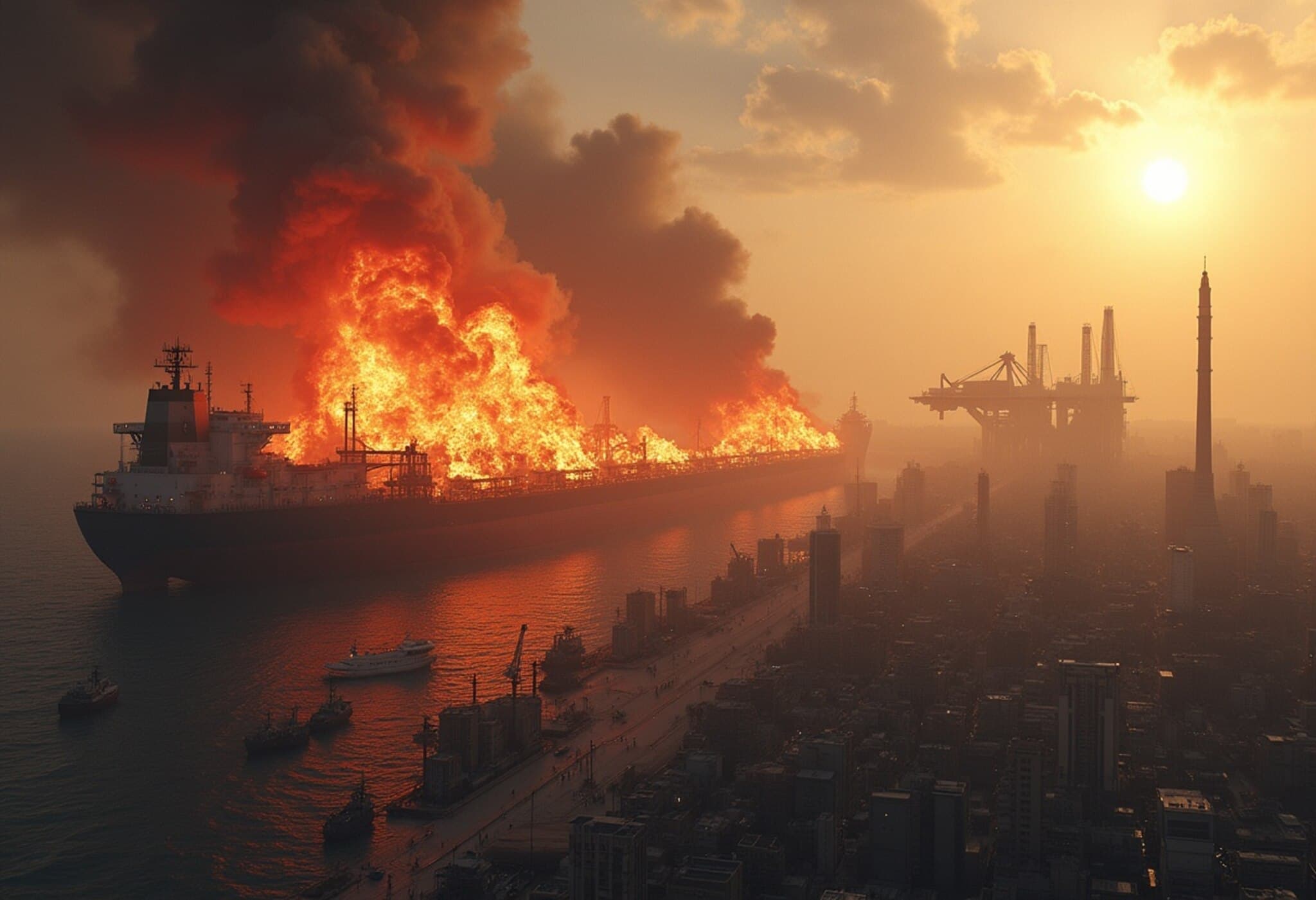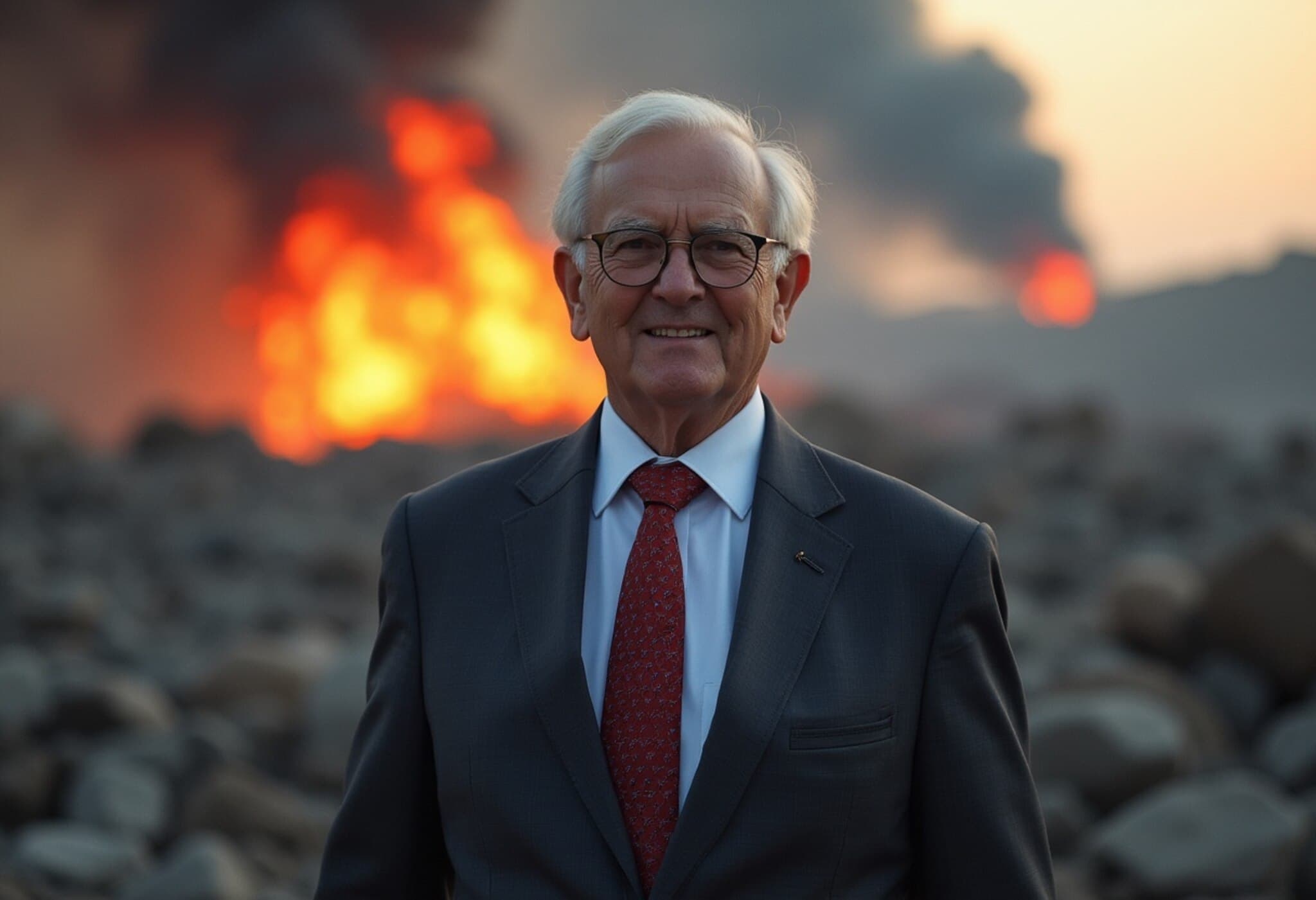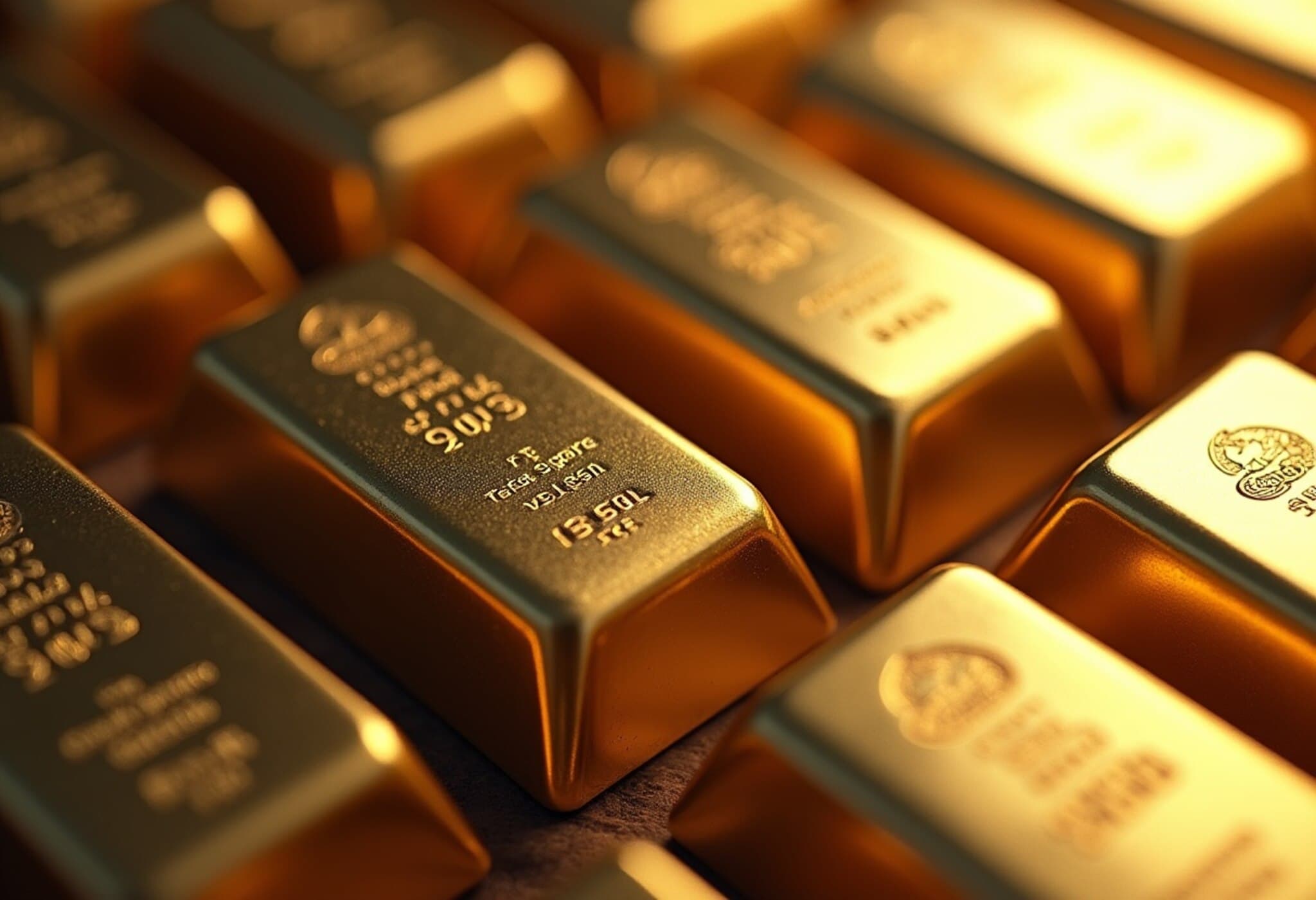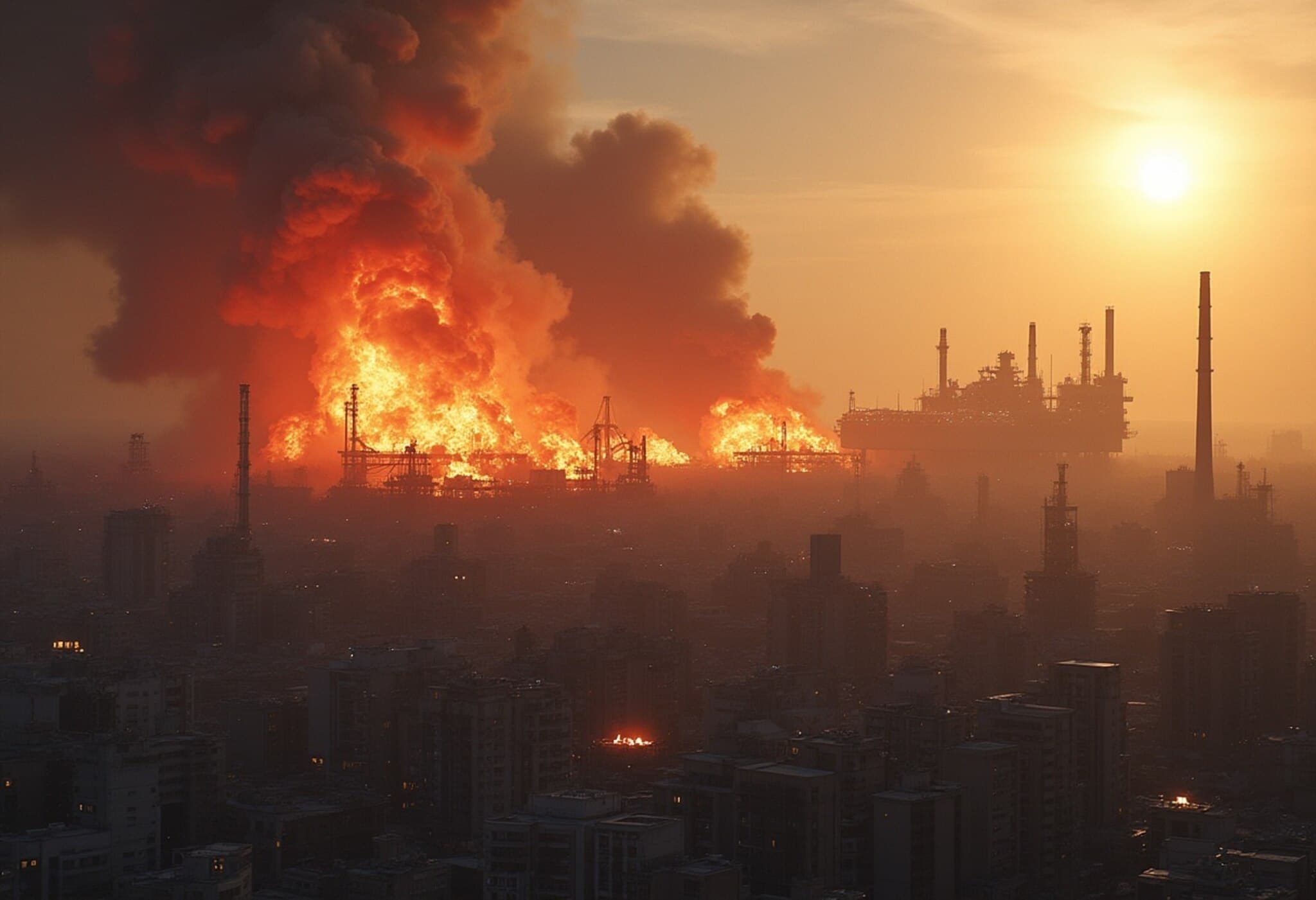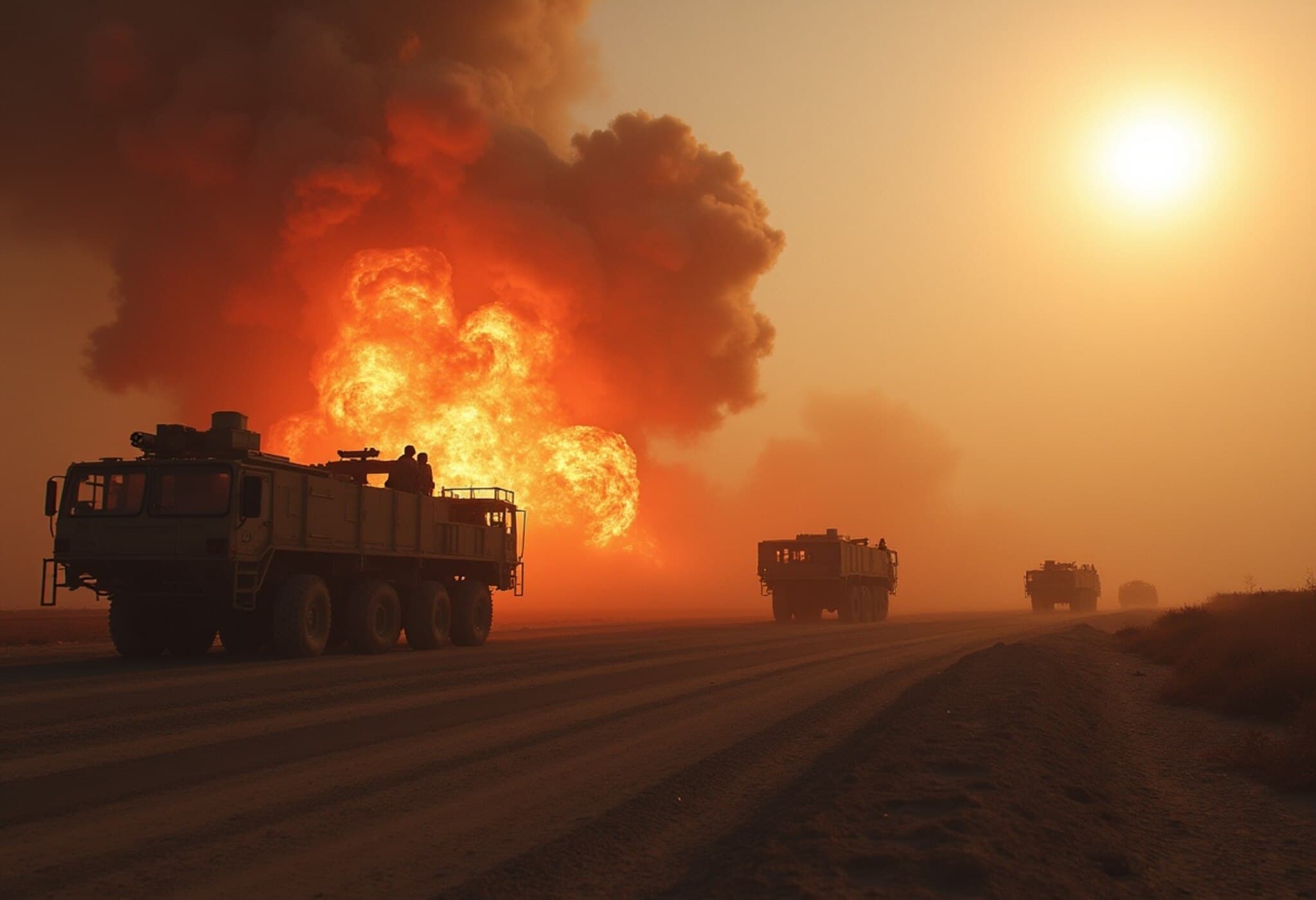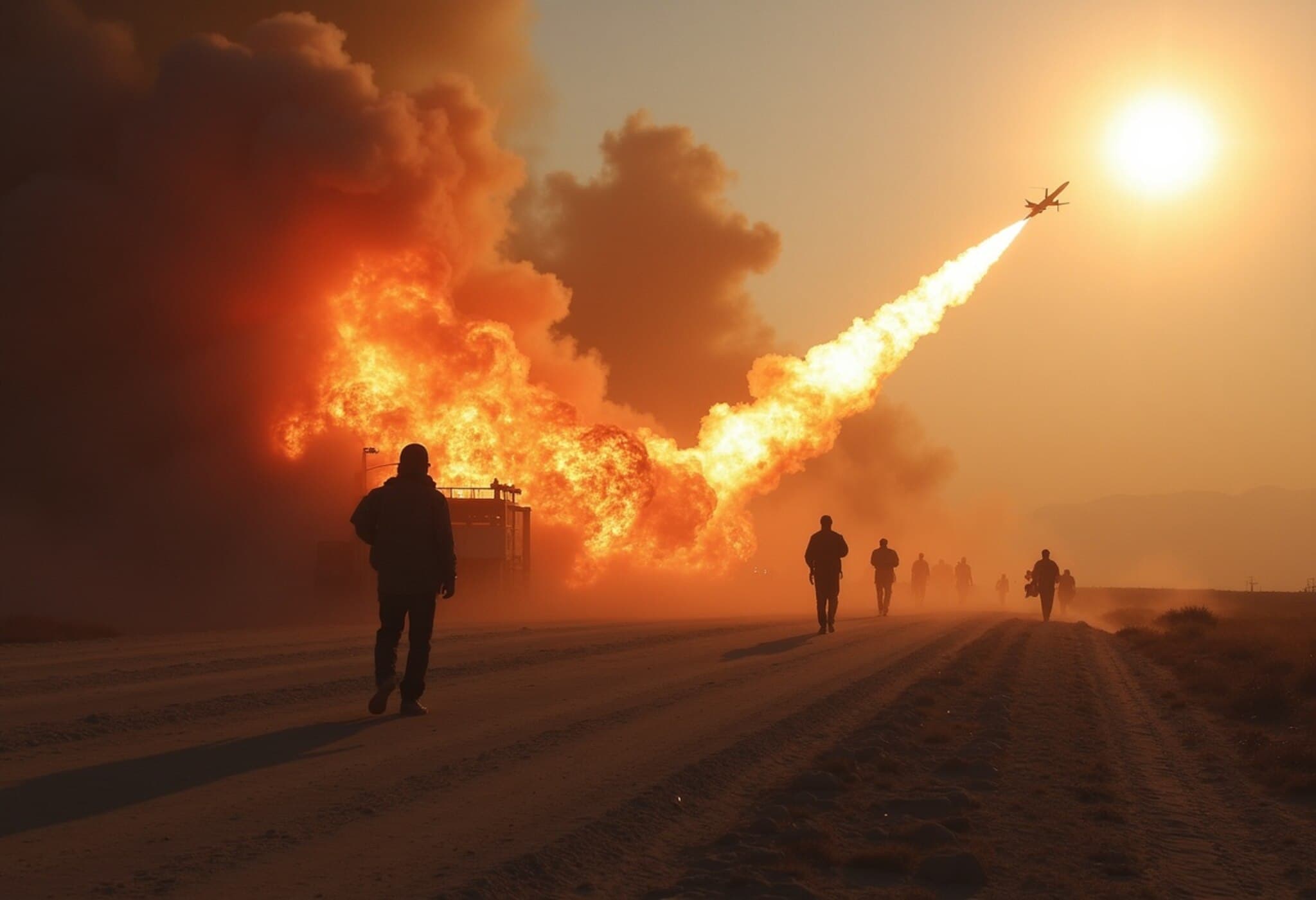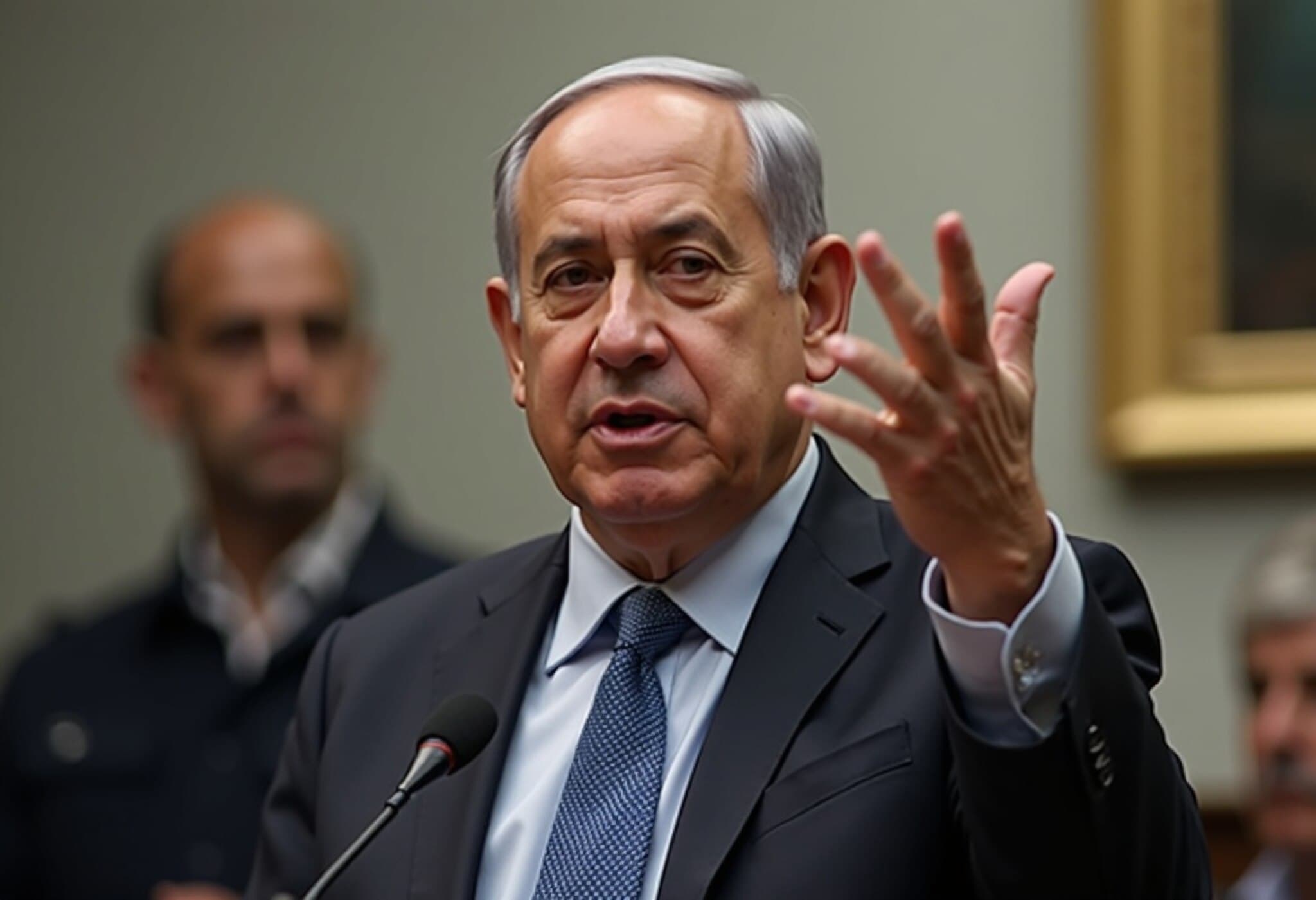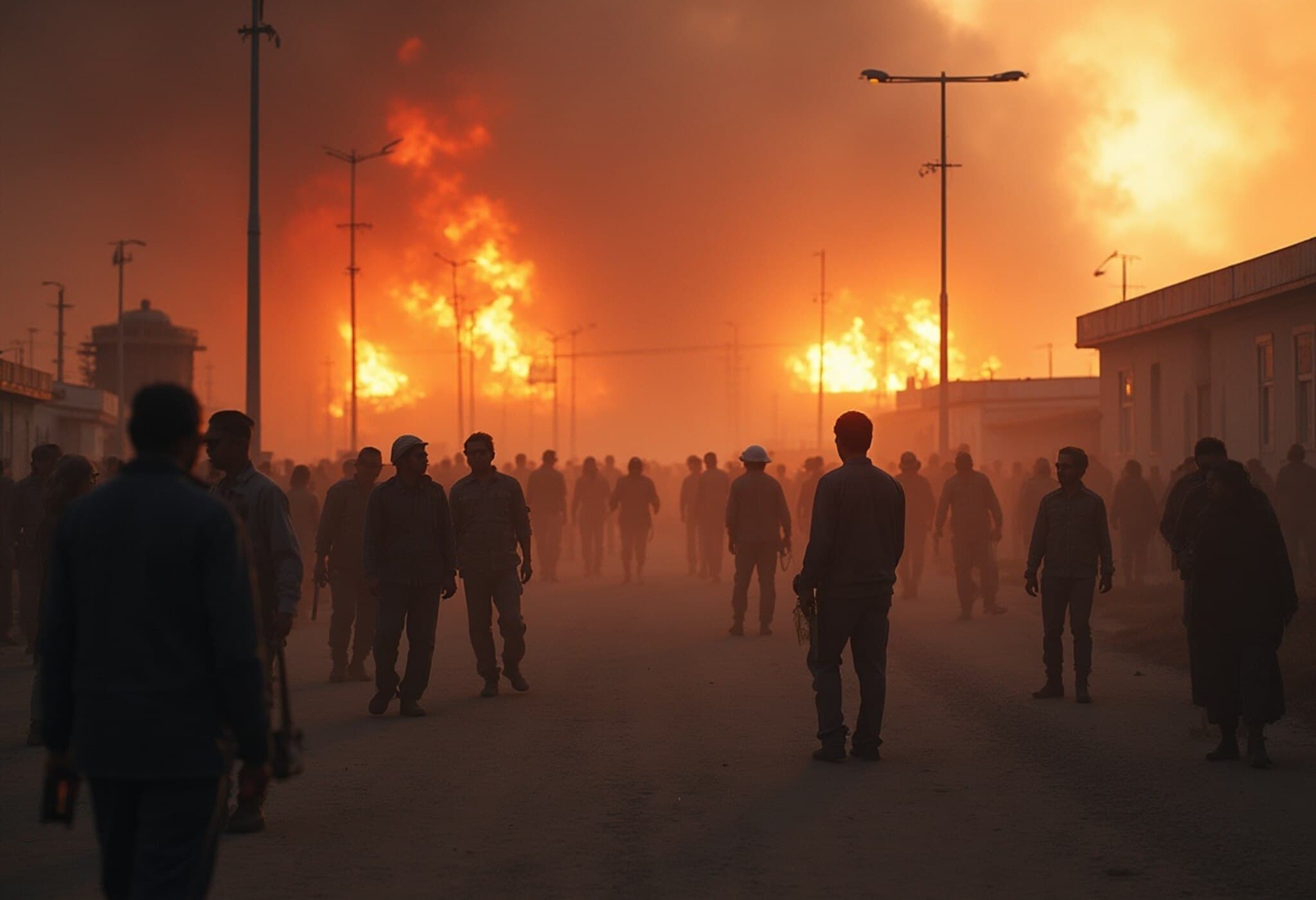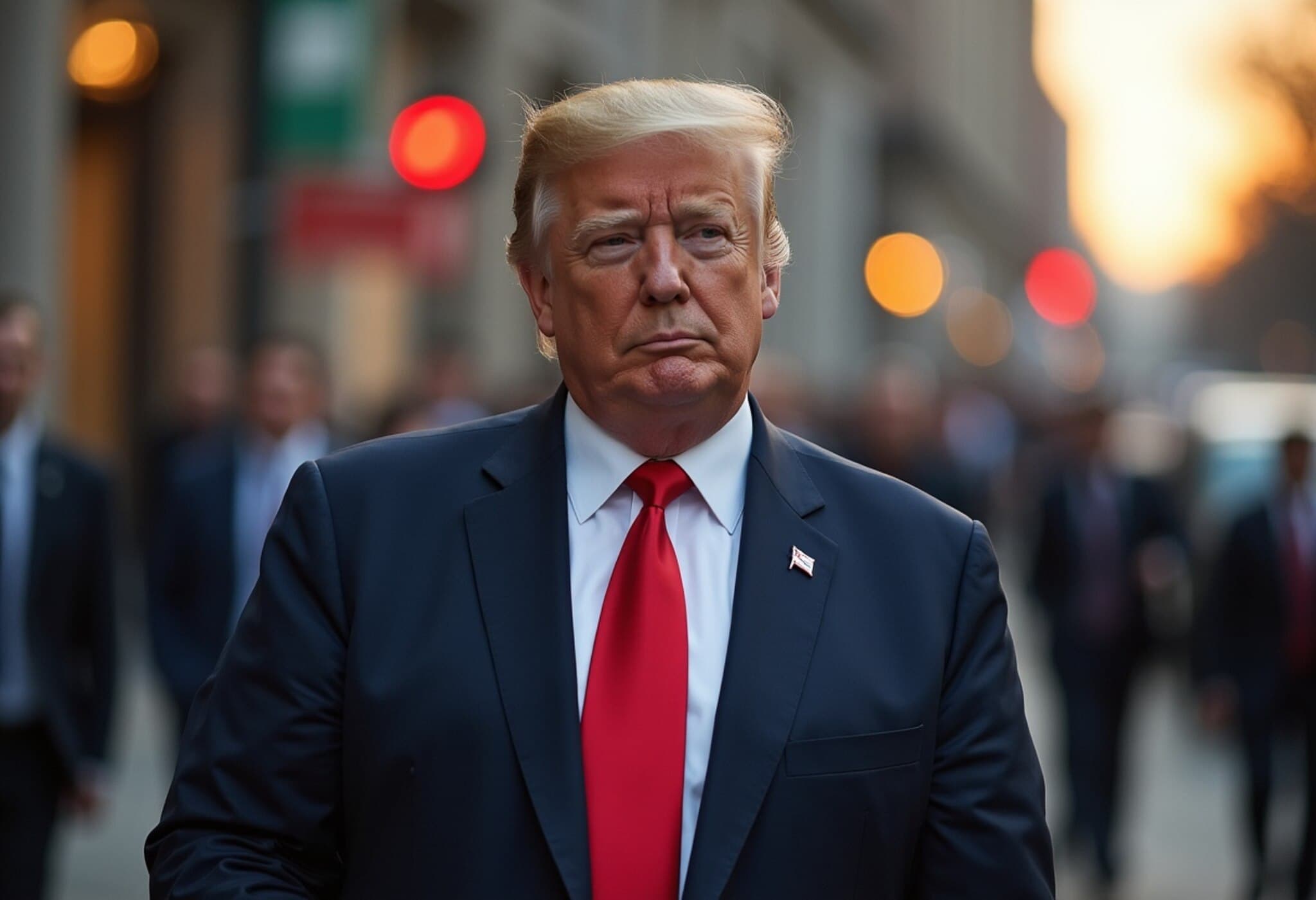Markets Brace Amidst Escalation After Israel Strikes Iran
Financial markets plunged into risk-off mode Friday following Israel’s unexpected strike against Iran’s nuclear facilities, igniting fears of a wider regional conflict. Investors swiftly moved towards traditional safe-haven assets amid heightened uncertainty.
Safe Havens Draw Investors Amid Rising Tensions
The assault, described by Israel's Prime Minister as a "targeted military operation" against Iran’s nuclear and ballistic missile programs, sent shockwaves through global markets. Deutsche Bank strategists noted the widespread impact, stating the attack "has cascaded across global markets, triggering a strong risk-off reaction across various asset classes."
Gold prices surged to nearly a two-month peak, with spot gold climbing 1.1% to $3,420.24 per ounce by 7:42 a.m. London time. August gold futures also gained 1.3%, reaching $3,446. Despite some retracement later in the morning, the metal held significantly higher than previous levels.
Meanwhile, U.S. Treasury prices rose, pushing yields downward. Bonds such as the 2-, 5-, and 10-year notes saw yields fall by roughly 3 basis points, reflecting strong demand for government debt amid geopolitical risk. In contrast, European and U.S. stock futures traded lower, signaling investor caution ahead of the market open.
Currency Market Turns to Safe Havens
In currency markets, the U.S. dollar, Japanese yen, and Swiss franc—all traditional refuges during turbulence—strengthened. The dollar index climbed 0.36%, regaining ground after recent volatility influenced by earlier policy uncertainty.
Other major currencies such as the euro and British pound initially edged higher against the dollar but stabilized by early London trading hours.
Oil Prices Surge on Supply-Disruption Fears
Perhaps the most dramatic shift emerged in oil markets. Strategic concerns over possible Iranian retaliation and disrupted crude supplies pushed prices sharply higher. Brent crude surged by 7% to $72.76 per barrel, while West Texas Intermediate (WTI) jumped approximately 6.8%, trading at $74.04 per barrel as of 7:48 a.m. London time—both marking the biggest single-day gains since 2020.
Market watchers are now closely monitoring how Iran might respond and whether nuclear negotiations between the U.S. and Iran will continue amid this upheaval.
Official Statements Clarify U.S. Position
Israel’s Prime Minister Benjamin Netanyahu vowed to continue operations "for as many days as it takes" to neutralize the perceived threat. Iran retaliated by reportedly launching nearly 100 drones towards Israel.
Separately, the U.S. government distanced itself from the attack, with the Secretary of State emphasizing that strikes on Iran were "unilateral" and conducted without American involvement. U.S. authorities reiterated their primary goal remains protecting American personnel in the region.




